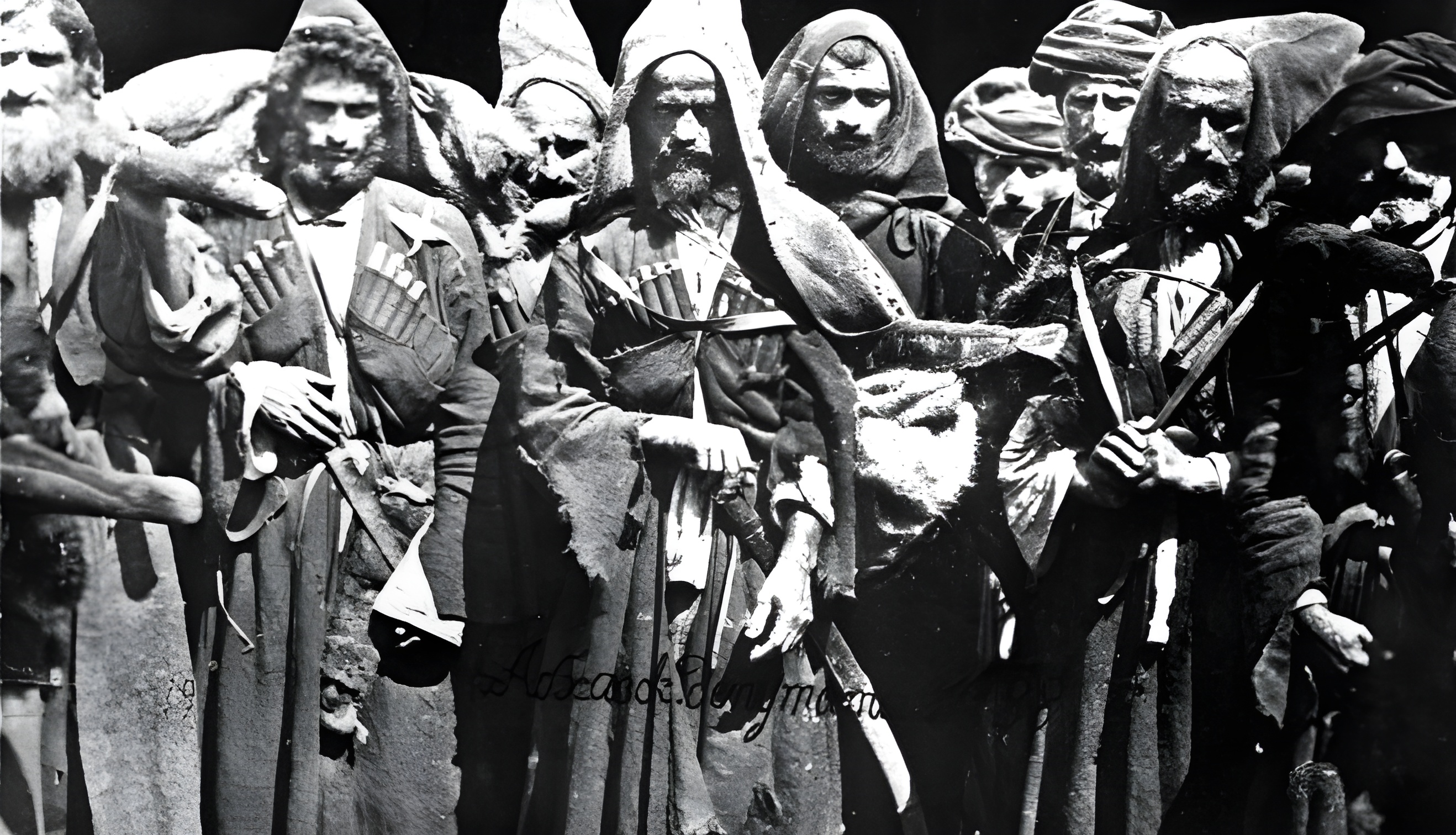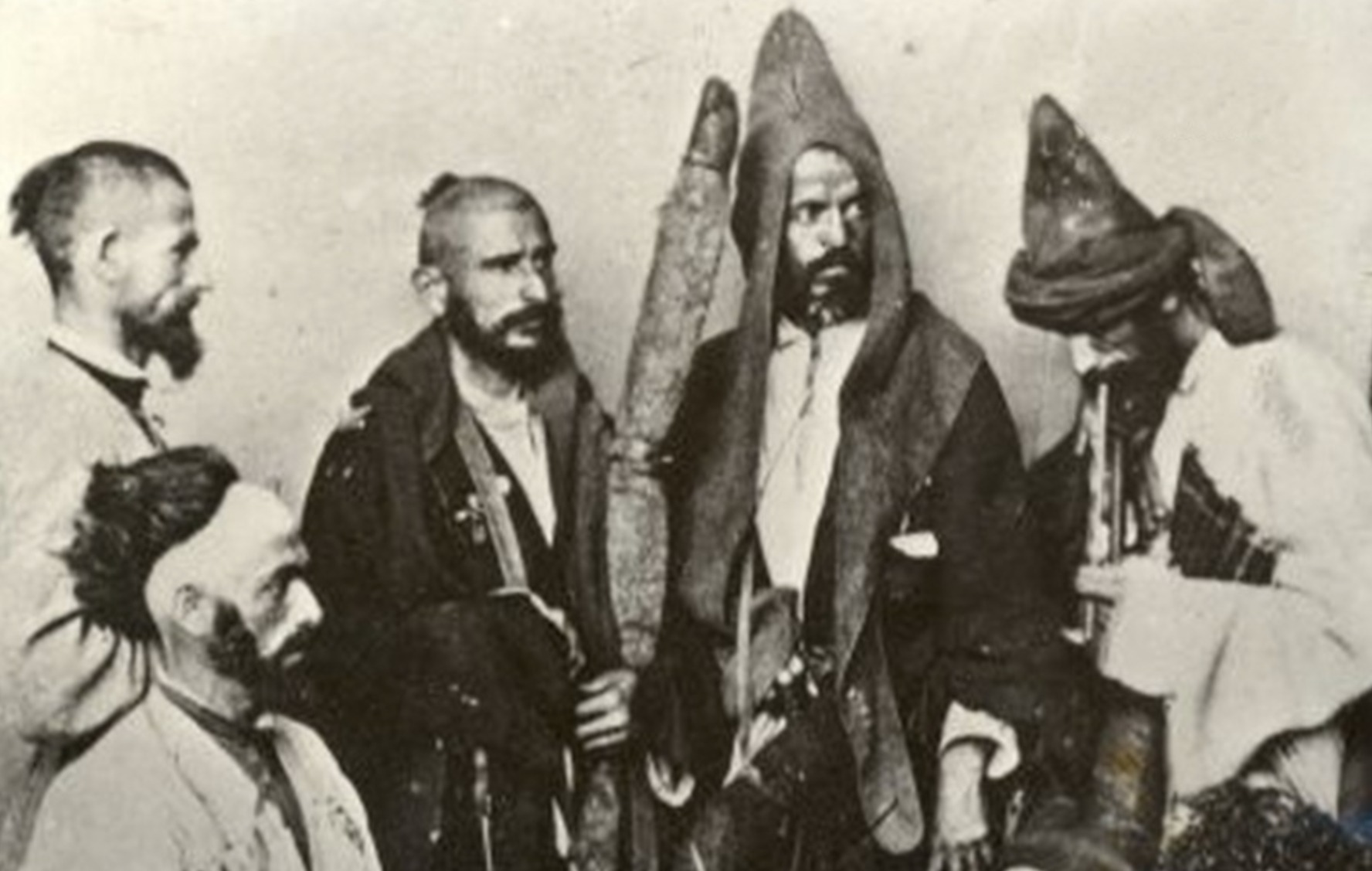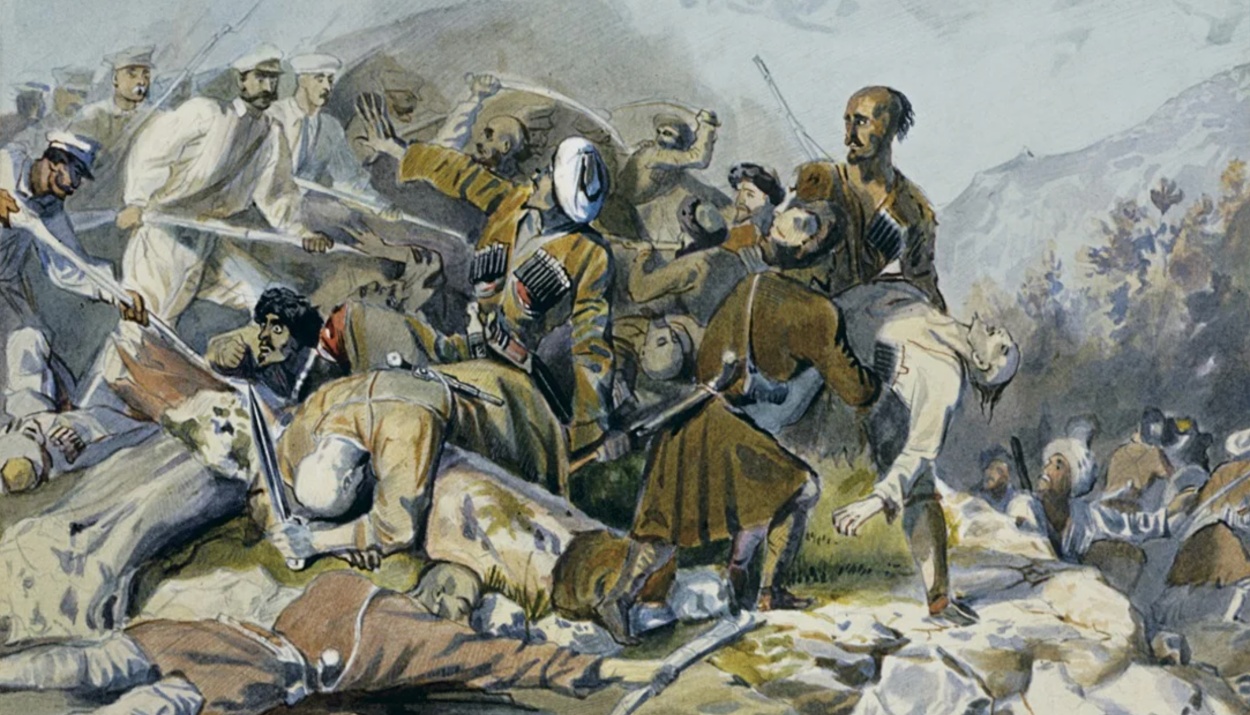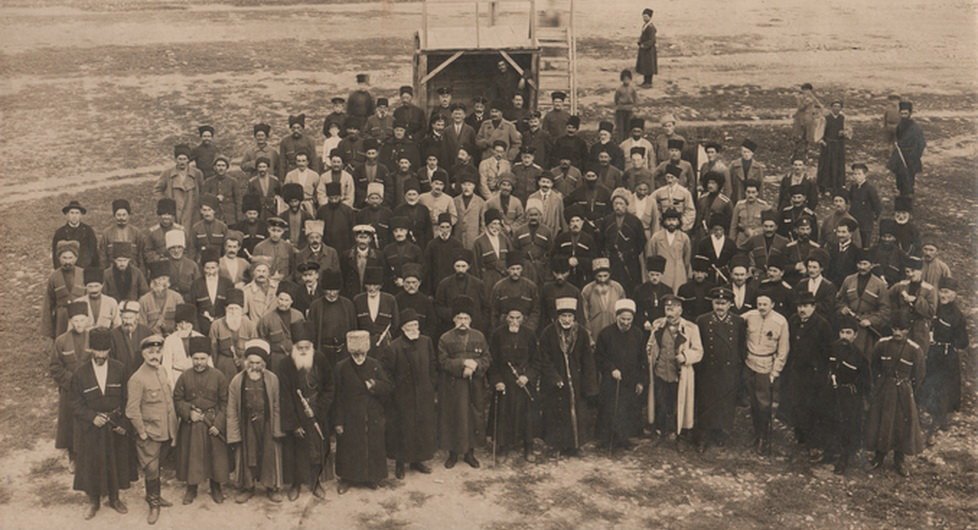Who should be settled in Abkhazia? By Jakob Gogebashvili (1877)
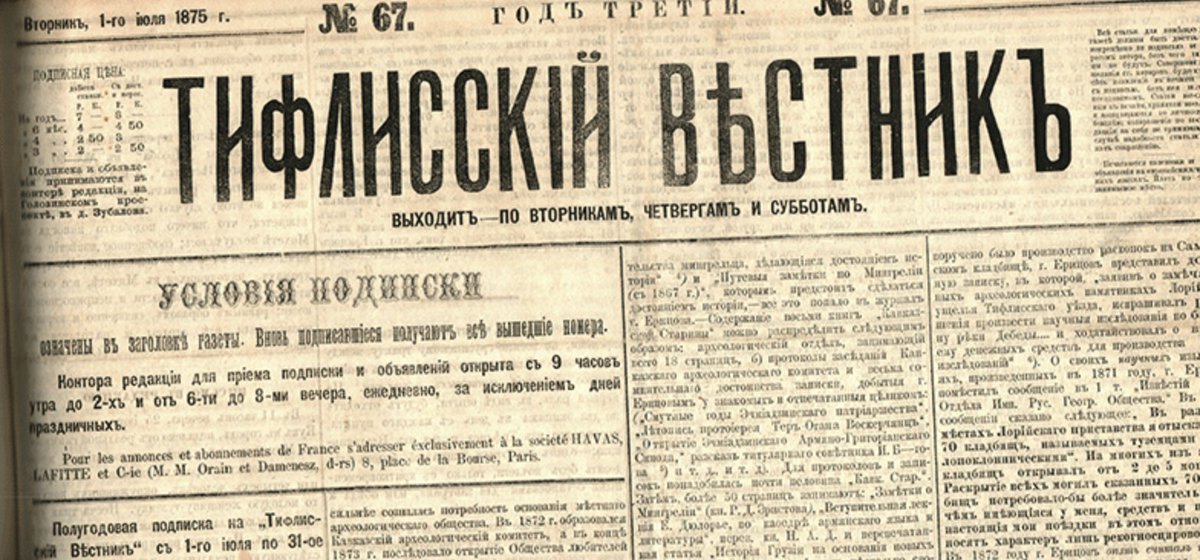
This article by the famous Georgian publicist Jakob Gogebashvili was published in the newspaper "Tiflis Vestnik [Тифлисский вестник]" No. 209, 210, 243, 244, 245, 246, 248, 249) September-November 1877. The article is written in Russian.
The article determined the ideological basic principles of the whole programme of "development" of Abkhazia by Georgian settlers, as a result of which tens and hundreds of thousands of Mingrelians, Svans, Georgians rushed to the fertile Black Sea lands.
Read more …Who should be settled in Abkhazia? By Jakob Gogebashvili (1877)
